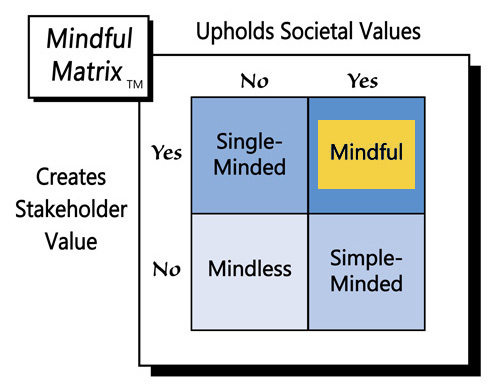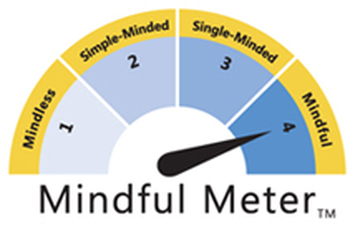To some, viewing video game players seems about as interesting as watching others eat: It’s great if you’re the one eating, but who just wants to observe others indulge? Well, serious video game players increasingly understand the appeal.
If you haven’t noticed, gaming, or the playing of electronic games on consoles, computers, mobile phones or media has become very big business, with worldwide revenues totaling over $100 billion. The best-selling video game for 2015 was Call of Duty - Black Ops III, which reached $550 million in revenue just 72 hours after being released. In comparison, the biggest opening weekend for any film was for Star Wars – The Force Awakens, which pulled in $247.9 million in domestic box office receipts.
In the U.S., 155 million people play video games regularly, with 42% of them playing for at least three hours a week. Americans spend an average of 23.2 minutes a day gaming. Dedicated video game consoles can be found in 51% of households. Of those people who play, 26% are under 18 years old, 30% are 18-35, 17% are 36-49, and 27% are over 50. Men make-up 56% of gamers, while 44% are women.
Worldwide, more than 1.2 billion people play video games. That’s a huge market, but again, just because people like to do something doesn’t mean they want to watch other people to it. Well, Turner Broadcasting System (TBS) recently tested that principle for gaming.
On May 27, in partnership with WME|IMG, TBS hosted the primetime television debut of ELeague, a competitive video gaming association based on the online first-person shooter game Counter-Strike: Global Offensive. The league consists of 24 teams, two of which battle head-to-head in each competitive match.
To make for a spectacular TV viewing experience, TBS “built a 10,000-square-foot arena at its studios in Atlanta” that contains “26 cameras, including one that can capture 360-degree views of the floor." While the individual team matches play-out during the week and can be streamed live on the ELeague website or through Twitch, TBS’s Friday night broadcast provides the highlights of those contests as well as stories about the players.
So, after such a considerable investment of time, money, and effort, did anyone watch ELeague? Yes, they did. TBS’s broadcast of the Group A finals between Luminosity Gaming and Cloud9 drew an average audience of 509,000 viewers from 10-11 pm. It’s important to note that the top network shows typically pull in several million viewers or more for the same timeslot. Still, over half a million viewers is a rather respectable result for this television gaming debut.
Given these first-time ratings and the overall popularity of gaming, is looks like televised video game competitions have potential to create stakeholder value in the long run, if not right away. The other question, then, is “Are these broadcasts ethical?” In other words, do they support values like decency, fairness, honesty, stewardship, and respect?
On one hand, there is the legitimate concern that many have about the overly sexual and violent content of certain video games. Furthermore, some people become addicted to video games. Both of these characteristics are bad for individuals and for society. It’s important to note here that Counter-Strike is rated M for Mature because of “Blood” and “Intense Violence.”
On the other hand, research in American Psychologist suggests that playing video games may provide learning, health, and social benefits. More specifically, some contend that gaming produces such enviable outcomes as reducing stress, curbing cravings, and helping make faster decisions.
Like many things in life, video games can have both positive and negative impacts, depending mostly on the nature of the specific games and how much they’re played. The question here, however, is not just whether it is good to play video games but whether it’s right to watch other people play them. That answer comes down mainly to personal preference in entertainment.
When given charge of the television remote, some people will choose a classic movie, others a soccer match, and still others a sitcom. Provided that the content is not indecent or consumed in excess, none of these choices is necessarily better than the others; they’re just what each individual likes most and finds most effective in satisfying his or her need for leisure.
In 1958, Physicist William Higinbotham created a simple electronic tennis game that some consider the world’s first video game. Since then, technology has advanced tremendously, enabling the development of much more sophisticated games and devices, spurring the $100 billion+ gaming industry. Provided that content is decent and play is moderate, broadcasting video game contests for others to enjoy represents another round of “Mindful Marketing.”
Learn more about the Mindful Matrix and Mindful Meter.
Check out Mindful Marketing Ads and Vote your Mind!




 RSS Feed
RSS Feed